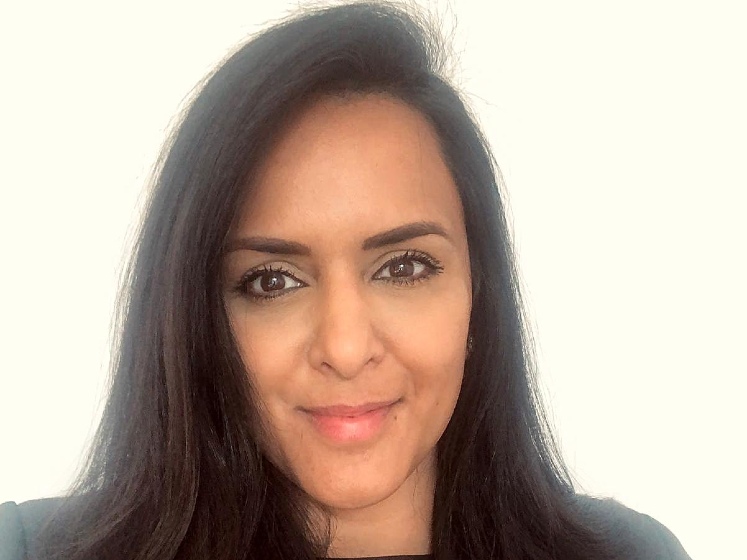
Manmit Bhambra
What are you currently researching?
I am currently working at LSE’s newly established Religion and Global Society research unit where my role involves co-ordinating the unit’s inaugural project “Strengthening Religious Cooperation in Global London: Religious Community and Interfaith Relations in the COVID—19 Era”. For this, we are particularly interested in how young people from faith communities navigate inter-faith relations.
I am also completing a research project at the Middle East Centre: ‘(Re)imagining young Muslim Women? Comparing Public Responses to Ms Marvel in non-Muslim and Muslim Societies’.
What attracted you to this area of research?
I have taught across the social sciences for many years and, increasingly, I have wanted to try and uncover the connection between faith and real-world issues.
I specialise in identity politics, where the multiplicity of identity is central to our approach in understanding the way we, as individuals, live our lives. I believe faith as an identity category is underestimated and isn’t given the attention it should be given. I am, therefore, delighted to be working on active research which will contribute to existing frameworks on these topics.
Can you tell us about your work with the new Religion and Global Society Unit?
We are working with grassroots faith communities and city-wide interfaith networks to investigate how and why interfaith initiatives succeed and fail. Our focus is on engagement with sections of faith communities who tend to be wary of, or hostile to, interfaith dialogue.
To respond to the ongoing COVID-19 pandemic we are adapting this project with a greater focus on a) online spaces of religious community and worship and b) challenged notions of authority and legitimacy between the state and religious communities.
It has been an interesting and challenging time for social science research. With the pandemic, we reconfigured our project to take our data collection online. As someone who has always done research face-to-face with participants, I was concerned about the quality of interviews we would be able to conduct. However, as a team, we have successfully managed to complete our first round of interviews with young people from diverse backgrounds in London. We have also launched our online survey for the project – you can access the survey here.
How will your research have a wider impact on society? Can you give some real-world examples of the impact your research will have?
Our research project is specifically designed to have real-world impact for a diverse audience. This project and its learnings will inform a series of training workshops we will run in 2021 for key London stakeholders (from grassroots volunteers to policymakers). We will also be holding a youth conference - 'The Future of Interfaith: Youth Assembly for Global London'.
Our report will influence policy makers and faith leaders and bring together different generations to create a vision for successful interfaith work in the future. I also envisage that the learnings and outcomes of this project will continue to guide and influence our future research on global religious pluralities.
What have been the highlights of your research work so far?
Completing my doctoral thesis was certainly a highlight. As anyone who has done a PhD will tell you, it is truly an enormous task, you learn so much and I was very lucky to have an amazing supervisor (Professor Anthony Heath, Oxford). During, and since, my doctoral research I have been able to build relationships with young people from diverse backgrounds, schools, and third sector organisations in order to conduct extensive fieldwork.
One of the most rewarding aspects of my work is the opportunity to speak to people from different backgrounds and learn about their lives. This research has informed existing frameworks on social cohesion and identity, providing a more intersectional lens into how people from diverse backgrounds experience inclusion and belonging in multicultural societies.
What has been your biggest challenge so far?
As most early career researchers will tell you, balancing the need to research, publish and deliver high quality teaching can be challenging. Research itself can also be challenging, especially now as we adapt in a new reality, but there are opportunities to develop and share our insights so that we can all continue to produce the empirical work that we are committed to doing.